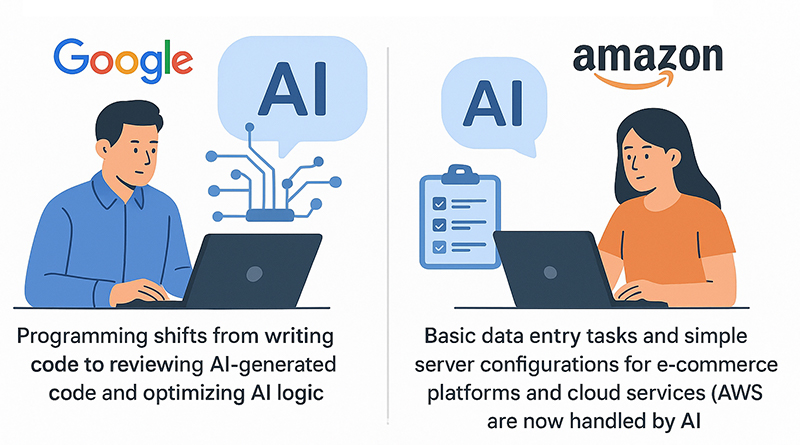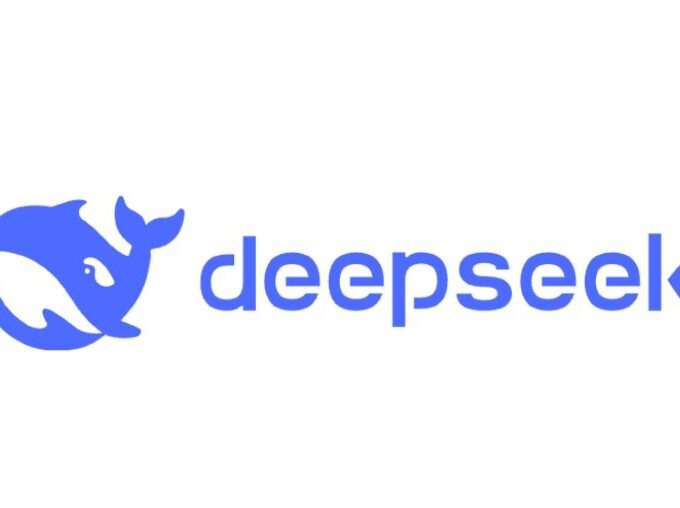In the tech industry, an era is quietly coming to an end—the days when one could easily earn a monthly salary of over ten thousand yuan by writing a few lines of code seem to be gone forever. With the rapid development of artificial intelligence (AI) technology, the work of junior programmers is gradually being replaced by AI, while senior programmers are turning to AI research and development, with annual salaries even reaching hundreds of millions. This shift has placed programmers at a crossroads in their careers.
According to the latest news, Microsoft announced plans to lay off 9,000 employees, causing a stir in the programmer community. Initially, many programmers held onto the hope that such a giant company would not target technical roles in its layoffs. However, Microsoft CEO Satya Nadella’s remarks quickly shattered their confidence. Nadella revealed that 30% of Microsoft’s code is now written by AI, and this proportion continues to grow.
Even more shocking is that this is Microsoft’s third large-scale layoff in two years. From 10,000 employees in 2023 to 7,000 in May of this year, and now another 9,000, Microsoft has laid off nearly 26,000 employees in total. Behind this, however, is not corporate financial difficulty but an active adjustment driven by AI technology optimizing efficiency. While cutting jobs, Microsoft is heavily investing in the AI field, building more powerful AI servers and developing more advanced code generation models like Copilot X.
It is worth noting that Microsoft’s layoffs are not arbitrary but highly targeted. The company claims to be reducing management layers and personnel, but in reality, the impact extends beyond management to include a large number of junior programmers. In the past, these programmers spent significant time writing repetitive code, such as user login modules for e-commerce backends or simple data display functions in apps. Now, AI can complete these tasks in minutes, even automatically optimizing bugs and adapting to different systems.
Nadella’s statement that “30% of code is written by AI” is not the most alarming part. What is truly concerning is that AI is squeezing out roles that only require basic syntax knowledge. Repetitive, simple, and mindless coding tasks are gradually being taken over by AI. On the other hand, roles requiring core competencies like architectural design, problem-solving, and innovative solutions are not only safe from replacement but are becoming more sought after.
Take Microsoft as an example. In the past, fresh graduates might have secured high salaries by writing basic code. Now, however, they may need to learn how to use AI-generated code while ensuring quality and optimizing its performance. Otherwise, they risk being left behind by the industry. After all, companies are now prioritizing efficiency over hiring more people.
In fact, Microsoft’s situation is not unique. Tech giants like Google and Amazon have already shown similar trends. Google CEO Sundar Pichai stated last year that over 25% of new code is written by AI. Amazon CEO Andy Jassy said the rapid rollout of generative AI means the company will one day require fewer employees to do some of the jobs that get automated by the technology.
At Google, the core work of programmers has shifted from writing code to reviewing AI-generated code and optimizing AI logic. At Amazon, many basic data entry tasks and simple server configurations for e-commerce platforms and cloud services (AWS) are now handled by AI. This change is quietly spreading across the entire tech industry.

For programmers, they are facing unprecedented challenges. On one hand, they need to keep up with AI technology; otherwise, they risk being outperformed by peers who use AI. On the other hand, they are involved in training AI code generation models, which may ultimately take over their jobs. This dilemma of “revolutionizing themselves” has left programmers feeling deeply anxious.
However, despite the aggressive advance of AI technology, programmers are not entirely defenseless. They can enhance their competitiveness by learning new skills such as AI model fine-tuning, security testing of AI-generated code, and AI adaptation for complex systems. After all, what companies truly need are problem-solvers. AI can write code, but it cannot solve core issues like making products more user-friendly, handling concurrency for hundreds of millions of users, or ensuring system security. As long as programmers can address these problems, their jobs will never be entirely taken over by AI.












